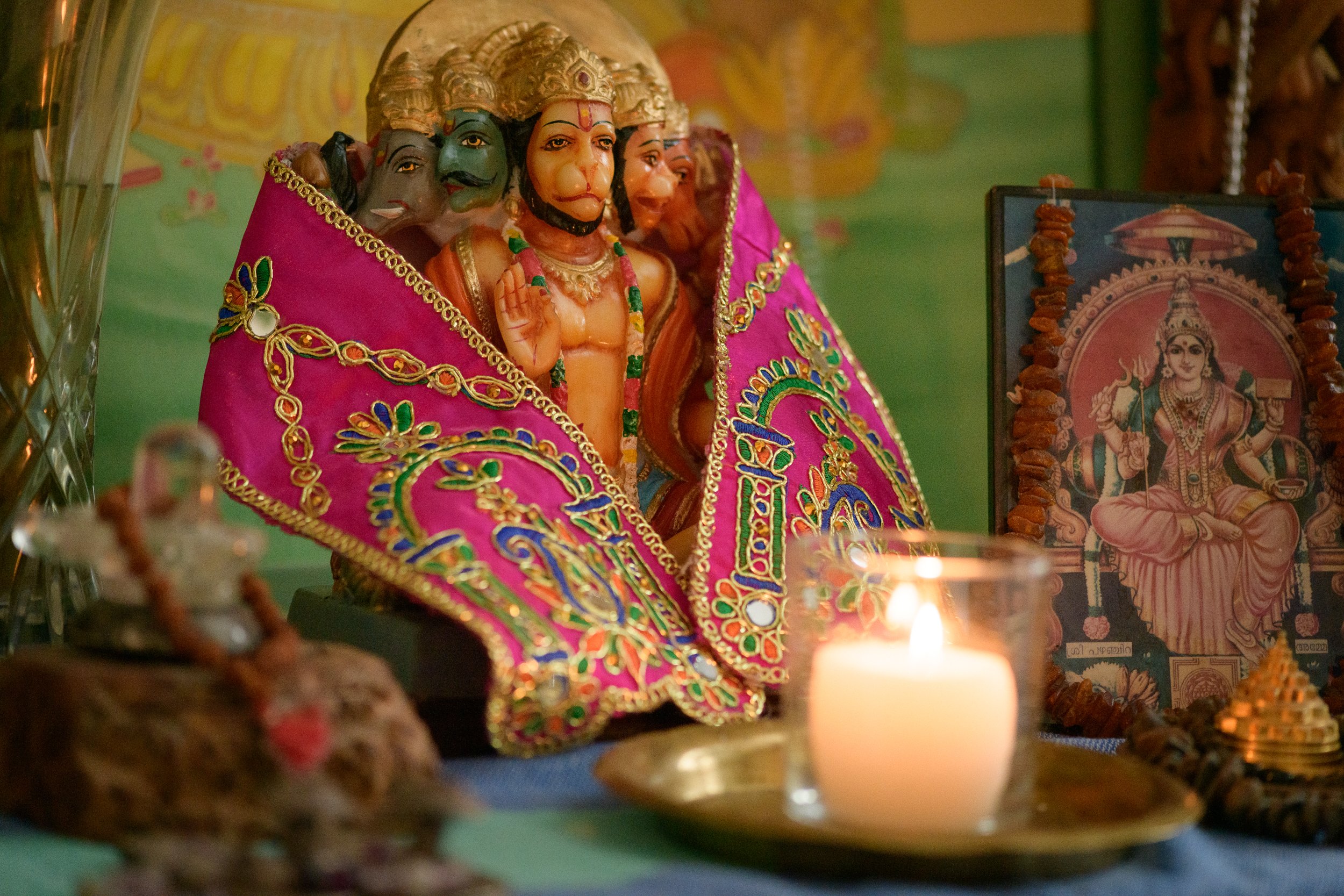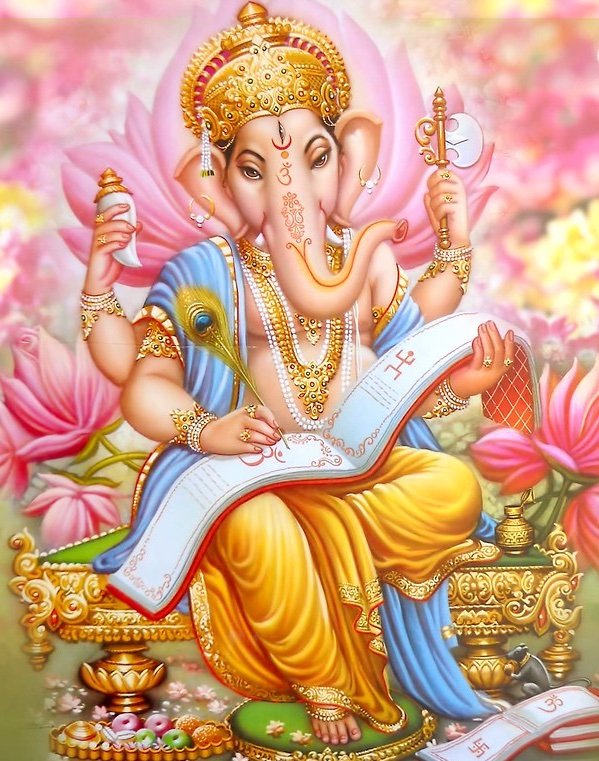Philosophy of Yoga
Yoga is more than just the poses; it is a preliminary for meditation, well-being, and inner peace
Join Swami Saradananda in an exploration of yoga philosophy, history, key texts and core concepts
Understanding the philosophy of yoga can provide you with a deeper appreciation for the ancient practice and its core beliefs.
Swami Saradananda presents the teachings of yoga philosophy in an accessible and engaging way. This is a programme for people wanting to understand the core beliefs and ideas surrounding the ancient practice of yoga and its influence on modern culture.
The Philosophy of Yoga programme is comprised of online recorded and live modules that provide an introduction to the spiritual and philosophic traditions that inform yoga. It is designed to enrich your personal yoga practice as well as advance your career as a yoga teacher.

Each modules is 3 hours in duration
1. Introduction to Indian scriptures and philosophical systems
This is a general introduction to yoga philosophy; the 4 Vedas and Indian scriptures; the six Darshanas (classical Schools of Indian Philosophy); the five paths of yoga and their practices. It includes an historical timeline and glossary of important Sanskrit terms.
2. Introduction to Meditation – part 1
What is meditation? Benefits; general guidelines; understanding the nature and the functions of the mind; the four states of consciousness. The effects of diet and lifestyle on meditation. When, where, why and how to begin establishing your meditation practice.
3. Introduction to Meditation – part 2
Obstacles and experiences in meditation. Harnessing the power of the breath; asanas and pranayama to sit more comfortably. Mudras for meditation
4. Introduction to the Three Bodies and Five Sheaths
What the bodies and sheaths consist of, when they are present and active, their experiences, and how to purify them; the 4 states of consciousness.
5. Introduction to the three gunas, the ‘qualities’ of Nature
Maya is said to be made up of three qualities (gunas), the three strands that make up the rope which binds the individual to this illusory world. Module includes a discussion at these “qualities” in relation to diet and lifestyle.
6. Prana Nadis and Chakras
The subtle energy, 72,000 psychic channels through which the prana moves and the energetic centres within the astral body. Ida, Pingala and Sushumna.
7. Introduction to the Hatha Yoga Pradipika and other classical guides to the practice of hatha yoga
The writing in these guides to the physical practice of yoga is terse, mysterious, and often a bit cryptic. As foundational texts of hatha yoga, it is important to understand their historical context and how their content has informed and influenced the modern practice and understanding of yoga. Although many of the practices are now considered esoteric, they are powerful techniques that warrant consideration if one wishes to find enlightenment through the physical practice of yoga.
8. Introduction to the Upanishads and Vedantic philosophy
Vedanta is one of the six systems of classical Indian philosophy; it is a monistic system based mainly on the texts known as the Upanishads. This module discusses such concepts as Atman, Brahman, Maya, the Universal Self and the individual self; Illusion and ignorance; the powers of Maya. The Mahavakyas, the ‘great sayings’ of Vedanta will be discussed and analysed in details.
9. Introduction to the Bhagavad Gita
Often referred to as the fifth Veda, the Bhagavad Gita is one of the most important scriptures of yoga. It teaches the way to live a spiritual life in the midst of daily stress, conflicts and problems.
10. Introduction to Patanjali’s Yoga Sutras
In his landmark scripture on classical yoga, Patanjali approaches eternal psychological, philosophical and spiritual questions. Included will be an intensive look at the 8 Limbs of Yoga.
• If you run a Yoga Teachers’ Training, these philosophy modules can easily be plugged into your course, whether it is a 200-hour or 500-hour programme – or an advanced training for yoga teachers
• You may also book if you are a yoga teacher or dedicate student , looking to delve more deeply into the philosophy behind the practice
The Philosophy of Yoga will stimulate your thinking about yoga and your practice
It will help you to clarify your goals and motivate your daily practice. To this end, each includes simple practical assignments and homework. All submissions are to be made by email, and your tutor will respond in the same way.
Being an online course, you can sit in the comfort of your own home to work through this philosophical adventure. If you would like to receive a certificate for the programme, you’ll need to attend all classes and submit homework.
Extensive course materials will be provided, along with suggestions for further reading and study.
Bulk discounts are available to participants of Teachers Training courses.
if you are organising a course. Click here
Dates TBA
Cost: £295



